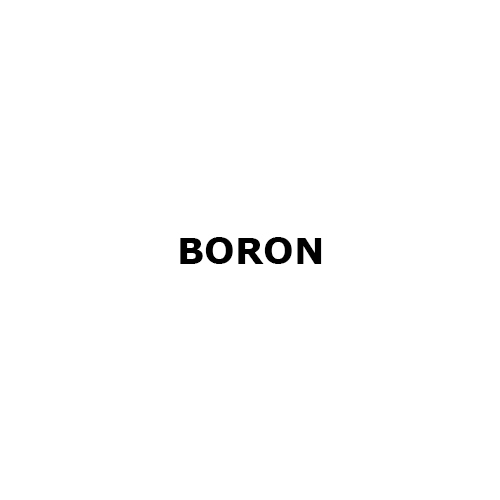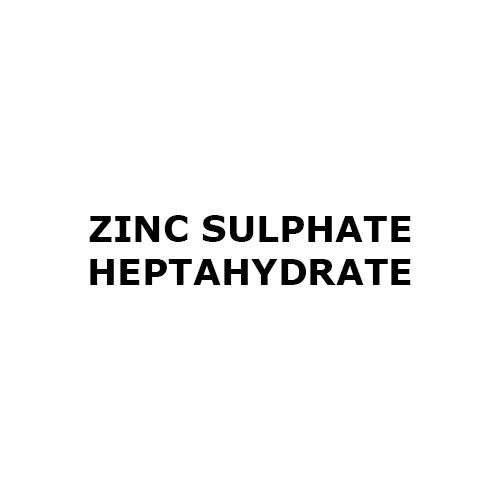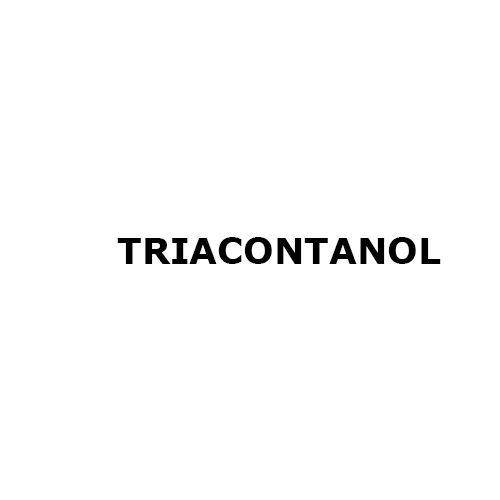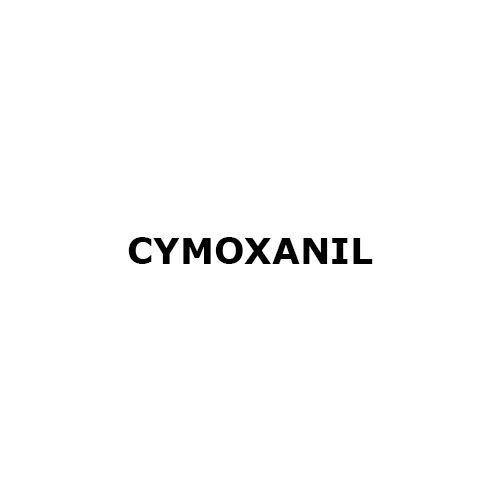- Home Page
- Company Profile
-
Our Products
- Fungicides
- Tyler Fungicide
- Lime Sulphur 22% SC
- Carbendazim 46.27% SC
- Sulphur 40% SC
- Shonar Fungicide
- Hoodie Fungicide
- Discord Fungicides
- Thiophanate Methyl 70% WG
- Tebuconazole 2% DS
- Tunus Fungicide
- Shedo Agriculture Fungicide
- Letis Fungicide
- IMPAXO Fungicides
- Mabira fungicides
- Propiconazole 25% E.C
- Tebuconazole 38.39% SC
- Tacos Fungicide
- Heptan Fungicides
- Corbett Fungicides
- Azocet Fungicides
- Marvel Fungicides
- Sahaz Fungicide
- Sulphur 55.16% SC
- Julam Fungicide
- Mobis Fungicides
- Chylock Fungicide
- Helicen Fungicides
- Shedo Fungicides
- Herbicides
- Scarf Herbicides
- Quizal Cross Herbicides
- Joom Agriculture Herbicides
- Scottish Herbicides
- Pretilachlor 50% EC
- Panic Herbicides
- Tiplet Herbicide
- Zapin Herbicide
- Oxygel Agriculture Herbicides
- Giles Agriculture Herbicide
- Zapin Herbicides
- Toronto Herbicide
- Jal Grip Herbicides
- One Pis Herbicide
- Aentis Herbicide
- Pixa herbicide
- Insecticides
- 0.15 Percent EC Neem Seed Kernel Based Containing Azadirachtin Insecticide
- Thailem Insecticide
- Canva Insecticide
- Brina insecticide
- Kedon Insecticides
- SPYD Insecticides
- Punga Insecticide
- Vasko Insecticide
- 30.5 Percent SC Imidacloprid Insecticide
- Lavta Insecticides
- Tonga Insecticide
- Jugar Insecticide
- Cartish Insecticides
- 50 Percent EC Chlorpyrilos Insecticide
- Forak Insecticide
- 48 Percent FS Imidacloprid Insecticide
- Carter Insecticides
- Wales Insecticides
- 0.3 Percent Wlw Neem kernel Based EC Containing Azadirachtin Insecticide
- Filix Insecticide
- Dross Insecticide
- Kitty Insecticide
- Twistify Insecticide
- 17.8 Percent SL Imidacloprid Insecticide
- 6 Percent Imidaclorpid And 4 Percent Lambda Cyhalothrin Insecticide
- Puffin Insecticide
- Chapo Insecticide
- Devas Insecticides
- Cripta Insecticide
- Civic Insecticides
- Firok-2 Insecticide
- Tranzex Insecticides
- 75 Percent SG Thamethoxam Insecticide
- Tumba Insecticide
- 10 Percent EC Bifenthrin Insecticide
- Mafiya insecticides
- 5 Percent SC Fipronil Insecticide
- Acephate 75% SP
- Lonar Insecticide
- Kipsy Insecticides
- Rombi Insecticides
- 0.03 Percent EC Neem Oil Based Containing Azadirachtin Insecticide
- Fittest Insecticides
- 4.9 Percent CS Lambda-Cyhalothrin Insecticide
- FIdji Insecticides
- Costa Insecticide
- Fire Top Insecticide
- Comics Insecticide
- 5 Percent E.C Lambdacyhalothrin Insecticide
- Andix Insecticide
- Crick Insecticides
- Costy Insecticide
- Thiamethoxam 75% SG Insecticide
- Chlorontraniliprole 18.5% SC
- Furrys Insecticides
- Crook Insecticides
- DJ3 Insecticide
- 36 Percent SL Monocrotophos Insecticide
- Dinop Insecticide
- Pairet Insecticide
- Mix Micro Nutrient Fertilizers
- Water Soluble Fertilizer
- NPK 19 19 19 Fertilizer
- Ziddma MAP 12:61:00 Fertilizers
- Ziddma MKP 00:52:34 fertilizer
- MKP 00 52 34 Fertilizer
- Calcium Nitrate -Boron
- Calcium Nitrate Fertilizer
- Magnesium Sulphate Fertilizer
- MAP 12:61:00 Fertilizer
- NPK 13: 40: 13 Fertilizer
- Potassium Nitrate 13:00:45 fertilizer
- SOP 00:00:50 Fertilizer
- Ammonium Sulphate N-20.5% S-23% Fertilizer
- Ziddma NPK 19:19:19 Fertilizer
- Ziddma NPK 13:40:13 Fertilizer
- Ziddma Calcium Nitrate Fertilizer
- Ziddma Potassium Nitrate 13:00:45 Fertilizer
- Ziddma SOP 00 : 00 : 52 Fertilizers
- Ziddma Magnesium Sulphate MgSo4 7H2O Fertilizers
- Fertilizers
- Plant Growth Promoters
- Bio Products
- Pesticides
- Agriculture Chemicals
- Calcium Nitrate
- Boron Chemical
- Abamectin Chemical
- Deltamethrin Chemical
- Mono Zinc Sulphate
- Cymoxanil Chemcial
- Carboxin Chemical
- Azoxystrobin Chemical
- Validamycin Chemical
- Butachlor Chemical
- Triacontanol Chemcial
- Quizalofop Chemcial
- NPK Fertilizer 13 40 13
- Potassium Magnesium Sulphate
- Zinc Sulphate
- Magnesium Sulphate
- Phosphoric Acid
- Zinc Sulphate Heptahydrate
- Ethion Chemical
- Tricyclazole Chemical
- Potassium Nitrate
- Potassium Sulphate
- Fungicides
- Gallery
- Our Achievement
- Contact Us

Boron Chemical
500.00 - 2500.00 INR/Kilograms
Product Details:
- Chemical Name Other
- Click to view more
X
Boron Chemical Price And Quantity
- 500.00 - 2500.00 INR/Kilograms
- 1000 Kilograms
Boron Chemical Product Specifications
- Other
Boron Chemical Trade Information
- 1000 Kilograms Per Day
- 7 Days
Product Description
Boron is a chemical element with the symbol "B" and atomic number 5. It is a metalloid, meaning it has properties of both metals and nonmetals. Boron is found in nature primarily as borates, which are compounds containing boron, oxygen, and other elements.
Boron Chemical Applications:
1. Glass and Ceramics: Boron compounds, particularly borosilicate glass (such as Pyrex), are known for their high thermal resistance and durability. They are used in laboratory glassware, kitchenware, lighting applications, and as a substrate for LCD screens. Boron carbide is also used in ceramic armor due to its exceptional hardness.
2. Fertilizers: Boron is an essential micronutrient for plants, aiding in cell wall formation, sugar transport, and pollination. Boron fertilizers are used to correct boron deficiencies in soils, improving crop yield and quality.
3. Flame Retardants: Boron compounds, such as borates and boron oxide, are used as flame retardants in various materials, including textiles, plastics, and wood products. They inhibit the spread of fire by releasing water vapor and forming a protective char layer.
4. Antiseptics and Preservatives: Boric acid, a compound derived from boron, is used as an antiseptic agent in medicinal products, such as eye drops and topical ointments. It also acts as a preservative in cosmetics, personal care products, and food.
5. Nuclear Applications: Boron is an effective neutron absorber and is used in control rods and shielding materials for nuclear reactors. Boron-10 is specifically employed in nuclear reactors for neutron capture and as a neutron shield.
6. Semiconductors: Boron chemical is used as a dopant in the semiconductor industry to alter the electrical properties of silicon, creating p-type semiconductor materials. Boron doping is crucial for the fabrication of electronic devices like transistors and diodes.
7. Steel Production: Boron is added to steel alloys to enhance their hardenability, strength, and resistance to corrosion. Boron-treated steels are used in automotive components, construction materials, and tool manufacturing.
8. Magnets: Certain boron-containing compounds, such as neodymium iron boron (NdFeB) magnets, are widely used in electric motors, generators, and magnetic storage devices due to their high magnetic strength.
9. Refractories: Boron nitride, a compound of boron and nitrogen, is used as a high-temperature refractory material in applications like crucibles, furnace linings, and thermal insulators due to its thermal stability and lubricating properties.
Boron Chemical FAQ:
Q. What is boron?
Ans: Boron is a chemical element with the symbol "B" and atomic number 5. It is a metalloid, meaning it has properties of both metals and nonmetals.
Q. Where is boron found?
Ans: Boron is found primarily in the form of borates in dry lake beds, salt mines, and evaporated seas. The largest boron deposits are located in the United States, Turkey, and Argentina.
Q. What are the main uses of boron?
Ans: Boron and its compounds have various applications, including in glass and ceramics production, fertilizers, flame retardants, antiseptics, nuclear reactors, semiconductor manufacturing, steel production, magnets, and refractories.
Q. Is boron chemical essential for life?
Ans: Boron is considered an essential micronutrient for plants, aiding in cell wall formation, sugar transport, and pollination. While it is not classified as essential for human health, there is some evidence suggesting it may have beneficial effects, particularly on bone health and hormone regulation.
Q. What are the health risks associated with boron exposure?
Ans: While boron is necessary for plant growth and has potential health benefits for humans, excessive exposure can be toxic. Symptoms of boron toxicity include gastrointestinal issues, skin irritation, and neurological effects. It's essential to handle boron and its compounds carefully and follow safety guidelines.
Q. How is boron used in nuclear applications?
Ans: Boron is an effective neutron absorber and is used in control rods and shielding materials for nuclear reactors. Boron-10, in particular, is employed for neutron capture and as a neutron shield.
Q. What are some examples of boron compounds?
Ans: Boron forms a wide range of compounds, including boric acid, borax, boron carbide, borosilicate glass, boron nitride, and various borates.
Q. Is boron environmentally friendly?
Ans: Boron and its compounds can have both positive and negative environmental impacts. While boron is naturally occurring and essential for plant growth, excessive boron levels in soil or water can be harmful to ecosystems. Proper management and regulation are necessary to minimize environmental risks associated with boron usage.
Q. What are the isotopes of boron chemical?
Ans: Boron has two stable isotopes: boron-10 and boron-11. Boron-10 is used in nuclear reactors for neutron capture, while boron-11 is much more abundant in nature.
Q. What are some emerging applications of boron?
Ans: Emerging applications of boron include its use in energy storage devices, such as lithium-boron batteries, and in the development of boron-based pharmaceuticals for various medical applications.
Enter Buying Requirement Details





 Call Me Free
Call Me Free